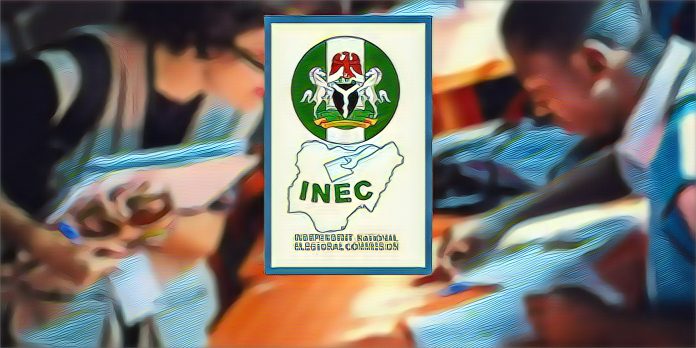The credibility of Nigeria’s Independent National Electoral Commission (INEC) faces intense scrutiny following a surge in election petitions challenging the outcomes of the recent general elections. This development casts doubt on INEC’s capacity to oversee elections devoid of disputes and legal entanglements.
According to a report by The Guardian, the latest election cycle saw a staggering number of judicial appeals, marking a concerning escalation in a trend that has been prevalent since the advent of civil rule in 1999. Out of 1,280 political offices up for grabs in 2023, a whopping 1,209 face legal petitions, according to Justice Monica Dongban-Mensem, President of the Court of Appeal. This figure represents an alarming 94.5% of the total contested positions, significantly undermining the electorate’s voice in determining their leadership.
The reliance on judicial verdicts over ballot boxes indicates that only 71 offices, a meager 5.5% of the total, were conclusively decided by voters. Legal luminary Prof. Chidi Odinkalu emphasized that the 2023 electoral process, marred by these disputes, stands infamously alongside the 2007 elections despite promised enhancements from INEC.
Remarkably, the 2015 elections were a deviation, witnessing fewer court contests due to broadly accepted outcomes. However, the situation deteriorated in subsequent elections, with over half of the contests landing in court, burdening the judiciary with decision-making roles typically reserved for the voting populace.
In her review, Justice Dongban-Mensem highlighted the judiciary’s heavy workload, with thousands of judgments delivered despite the election-related disruptions. The judicial system, strained by the volume of petitions, continues to navigate through appeals concerning various political offices, including the presidency, senatorial seats, and governorship positions, across 28 states.
INEC Chairman Mahmood Yakubu, speaking at a workshop, revealed the daunting task faced by the Commission, handling over 600 pre-election cases and bracing for an influx post-election. Aware of this scenario, INEC had allocated a substantial budget for litigation-related expenses in its 2023 Election Project Plan.
Stakeholders criticize the triangulation of INEC, legal practitioners, and politicians for this judicial over-dependence, cautioning against the erosion of electoral integrity. Lagos-based attorney Bankole Kayode attributes the litigation propensity to politicians’ reluctance to concede defeat, pressured by substantial personal and financial stakes. He urges lawyers to deter meritless litigation by providing honest, strategic counsel post-election and faults certain INEC officials for contributing to misconceptions regarding electoral laws and processes.
Adding to the discourse, Stephen Azubuike, a noted lawyer, blames procedural flaws and INEC’s inconsistency for the candidates’ unwillingness to concede. He advocates for further reforms, starting with INEC itself. Corroborating, Emeka Albert, CEO of Legalpedia, criticizes INEC’s compromised autonomy and accountability. Similarly, Prof Ernest Ojukwu, a respected legal scholar, bemoans the pervasive dishonesty ingrained in the electoral ecosystem, calling for a fundamental character overhaul among stakeholders.
The consensus leans toward a pressing need for an electoral system overhaul, anchored in genuine independence, efficiency, and effectiveness to restore faith in the democratic process and reduce reliance on judicial intervention.



